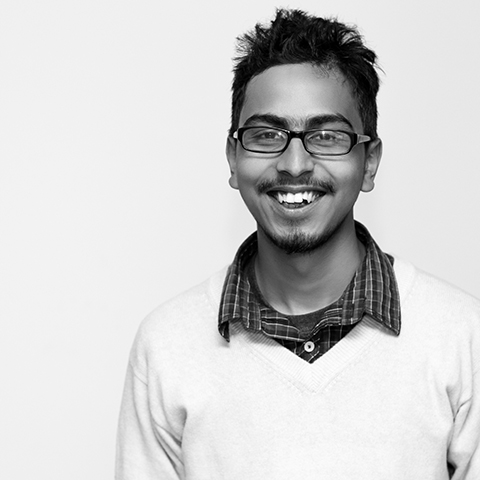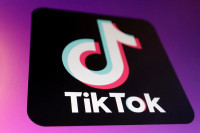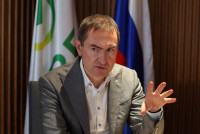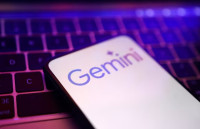Science & Technology
PUBG is massively popular. But it is also addictive.
Since PUBG is very collaborative, it builds on established methods of social interaction. Players can team with their friends and create crews that they can venture onto the island with.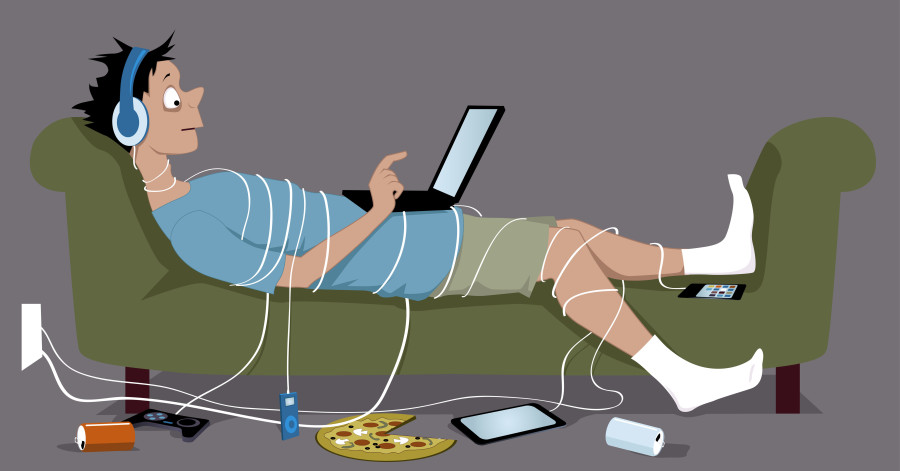
Prajesh SJB Rana
After a full night on a deserted island, alone and fighting for her life, Dilasha Gurung wakes up in the wee hours of the morning to squeeze in some more time battling others on the island, sometimes with a crew, other times alone. This has turned into a daily ritual and her time on the island eats further into her day. She’s awake till late at night but wakes up early in the morning. She’s missed some classes.
Gurung, 17, is spending more and more time on PlayerUnknown’s Battlegrounds, known colloquially as PUBG—to the point where it’s affecting her daily life. This is not just Gurung’s story—more and more young people are confessing to spending inordinate amounts of time on the game.
PUBG is massively popular. With approximately 900 million players as of February 2019, according to digital statistic website Statista, PUBG has outstripped other massively popular multiplayer games such as DOTA, League of Legends and Fortnight. Its popularity has come from the fact that it can be played across mediums, and especially on mobile phones. From school students to taxi drivers, security guards to receptionists, it isn’t difficult to find Nepalis hunched over their phones, furiously tapping away.
“PUBG is always a hot topic in conversation,” says 17-year-old Nisha Baruwal.
“The game has become a way to connect with people even outside of the game. There have been times where I have connected with people because of our common interest in the game. Once I know someone plays the game, I add them as friends and play a few matches together.”
Given its popularity, young Nepalis have found a means to nurture friendships and build new relationships. In January, this paper carried a story of how two Nepali PUBG players had met on the game and gotten married. But not all is friendship and romance. PUBG’s addictive style of gameplay and massive popularity could be feeding unhealthy addictions. And not just in Nepal, worldwide, people are asking if this game could potentially be leading to online gaming addiction. In India, there have been calls for a ban on the game, after a train ran over two PUBG players in Maharashtra.
The addictive nature of the game seems to be nested deep within the game’s core concept and design. Conceptually, PUBG is a game that follows in the tropes of popular books and movies like The Hunger Games. In the game, you play as one of a hundred condemned to a gritty battle with each other. You start with nothing on an island, which offers you a bounty of lethal weapons, protective gear and recovery items. You arm yourself, don some gear and venture into the battlefield against 99 other players—all of them eyeing the coveted ‘chicken dinner’. Competition seems to be at the heart of the game and competing against other highly-skilled players makes the win even more satisfying.
Since the game is very collaborative, it builds on established methods of social interaction. Players can team with their friends and create crews that they can venture onto the island with. Cooperative play also sees players healing fallen comrades, strategising in teams and holding positions for better defensive play. Players can chat with each other and on mobile phones, the option to voice-chat during gameplay seems imperative.
The PUBG voice chat works particularly well. One PUBG player reported how he liked to invite his wife to talk on PUBG as its voice chat was markedly better than the voice call services on Skype and Google.
The game also makes it a point to reward skill, which turns into a way to stand out in front of your peers. As players win matches, they win points that can move them up specific tiers: Bronze, Silver, Gold, Platinum, Diamond, Crown, Ace and Conqueror. The more games players play, a higher chance of them scoring the ‘chicken dinner’ which paves the way to flaunt the highest ‘Conqueror’ badge on your profile. The progression system is also built in a way that keeps players playing the game even once they reach the top—with each three-month season, player progress is reset, which means everyone has to start a few tiers lower. Thus, the game creates a perpetual system of positive reinforcement that gamers keep vying for.
“Addiction is always related to positive reinforcement,” says Krishangi Basnyat, a psychologist and therapist at Norvic International Hospital. “People play the game because it creates a new platform to get social gratification on the internet. These forms of gratification might have come in the form of likes, comments and shares in the past, but with addictive games like PUBG and Fortnight, they come in the form of achievements.”
These achievements act as positive influences that push players to keep playing, get better, reach the top and thereby, get attention, says Basnyat. This feedback loop can lead to online gaming addiction as progression on the game becomes tied to individual confidence and influence.
But addiction tied to digital socialisation fails without a large community of players for users to interact with. Which is why, the developers of the game have focused greatly on accessibility. PUBG is available on all gaming platforms: PC, gaming consoles and even mobile phones. Since the PC and gaming console versions cost around $19 that most Nepali players don’t have a way to pay for, local players play the free mobile versions on their phones.
The mobile version might be free but it is just as capable as the paid versions. There are constant updates to the game, which can also feed an unhealthy addiction, says Basnyat. Players tend to get bored of a game if it doesn’t evolve along with the player base, and PUBG is known for its updates and seasons. Currently in its fourth season, each new season of PUBG has introduced new maps, weapons, and cosmetic clothing items.
“There is always something new to play with and if you get bored, there is always new content waiting for players once a new season starts. The game is constantly changing and evolving,” says Gurung.
As the game evolves, its players try to keep up and in the course of things, end up neglecting their other responsibilities. Both Gurung and Baruwal admit to missing classes due to their time on PUBG. Although both players have found new friends and reconnected with old ones, they admit that there is an addictive aspect to the game and that it might not be healthy to spend an inordinate amount of time on it.
Labbi Karmacharya, 18, has been playing the game for the past five months and understands its addictive nature.
“I saw myself get addicted to the game,” says Karmacharya. “There were moments where I preferred to play the game rather than have a conversation with my friends and family. It’s all about self-control and I’ve become more aware of my time on the game these days. I only play when I’m bored and limit myself to an average of two hours on the game.” Karmacharya has seen business owners so engrossed in the game that they brush off potential customers.
While it might be too early to say that young people are getting addicted to PUBG, it is clear that many are spending too much time on the game, says Basnyat. She has had concerned parents come in asking her to intervene with their children who are playing the game too much, she says.
“It’s all about moderation,” says Basnyat.




 9.6°C Kathmandu
9.6°C Kathmandu